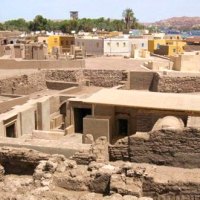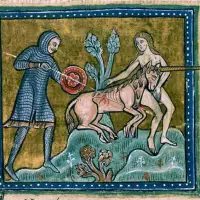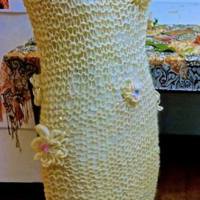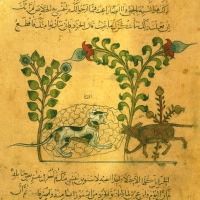Excellent post, pointing out the problems associated with introduction of exotic breeds. In the below quote from the blog –watani- is arabic, meaning –national– or it could also imply –local-.
/ The Agro-pastoralist chicken, usually known as Watani or Desi is The The agro-pastoralist chicken, usually known as Watani or Desi isfound with the semi-pastoralists communities of the country. This breed is also widely adapted by the agrarian societies of the country because of its special traits of adaptation and production in zero input systems. This chicken is found in almost all parts of the country, producing 50-60 eggs annually. Broodiness is the salient feature and is highly adapted to local conditions. Such breeds usually depend on the kitchen waste and vegetation of the nearby.


























Thanks for sharing. This article was viewed by many people around the world.
LikeLike
I hope so. Though it may take a very long time for the difficulties to be fully understood. Not just researches, but now increasingly NGOs are implicated in the Improved Breeds venture without fully understanding the results of their activities.
LikeLike